The Landmark Event Centre, Oniru, Lagos, was transformed into a technological playground, buzzing with innovation, creativity, and the infectious curiosity of over 3,000 children recently at the fifth edition of STEM Africa Fest, an annual event that has rapidly evolved into one of Africa’s most impactful educational platforms, championing the future of science, technology, engineering, arts, and mathematics. Sunday Ehigiator reports
This year’s theme, ‘AI for Good: Solving Real-World Problems’, could not have been more timely; in a world rapidly shifting under the weight of artificial intelligence and digital transformation, the need to bridge the skills gap among Africa’s youth is no longer a matter of if, but when.
The answer, it seems, is now, and Access Bank, the major sponsor of the STEM Africa Fest, stood solidly behind that vision.
In an almost choreographed flow, the participating schools rotated through multiple thematic zones, each a microcosm of a STEM-powered future.
At the AI Corner, a group from Gracefield International listened intently as facilitators explained how chatbots work. At the same time, another set of students from Olumide Community School laughed joyfully as they used generative AI to create their animated avatars.
Meanwhile, at the Robotics Lab, students from Unity Secondary School, Ikeja, took turns manoeuvring a robotic arm to move small metallic blocks into position, replicating a mock-surgery simulation. “It’s like playing video games, but it’s real science!” one student exclaimed, eyes gleaming.
Elsewhere, under the cool canopies of the renewable energy pavilion, pupils from Kingdom Kids Academy huddled around solar panel prototypes, asking sharp questions about converting sunlight into electricity.
“So if I put this on my roof, I won’t need NEPA again?” a boy asked seriously. The facilitator smiled, nodded, and launched into an explanation about energy storage and independence.
Not far from there, the Electric Vehicle Showcase drew in another group from St. Theresa’s Model School. They surrounded an engineer who explained the inner workings of a battery-powered car.
Children took selfies beside the vehicle, and others scribbled furiously in their notepads, perhaps future Tesla challengers in the making.
The Flight Simulator Zone was a showstopper. Here, queues snaked around the corner as students from Redeemers High School and Ebute Elefun Secondary waited eagerly for their turn in the cockpit.
As the simulator chair moved with precision and the controls came alive, gasps of excitement echoed. “Captain Omotayo requesting permission for takeoff!” one boy announced with mock-seriousness, prompting applause from his classmates.
Inside the creatively designed science, technology, engineering, arts, and mathematics (STEAM) Studio, a colourful, aroma-rich area bustled with activity. Students from Little Lights School dabbled in candle-making, while others from Odogbolu Grammar School tried their hands at tie-dye, creating vivid patterns with practised fingers.
One instructor challenged them to think about how traditional crafts could be turned into profitable digital enterprises.
The Coding Bootcamp zone was a whirlwind of discovery. Laptops lined the desks as students from Brainpower Junior College created basic games in Scratch. Next to them, El-Shaddai Academy learners explored auto-drawing AI tools, watching amazed as the software guessed and improved their sketches.
Everywhere you turned, learning was happening. Not in silence or rows, but in movement, in laughter, in questions, in experiments gone wrong and right again.
School groups moved in time slots, ensuring each child had an immersive, focused experience. Volunteers, coordinators, and facilitators used whistles, smiles, and laminated maps to direct traffic smoothly. No one was idle. No one left untouched.
“It’s like Disney World for tech!” a teacher from Ajegunle Unity School declared as she guided her students toward the Virtual Reality Lounge, where children took turns exploring the solar system, ancient Egypt, and underwater coral reefs, all without leaving the building.
By midday, a gentle hum filled the venue, the kind of sound that comes not from machines, but from minds unlocking. The kind of hum you get when a generation begins to imagine something bigger than themselves.
As students filtered from one experience to the next, trading stories and comparing projects, one thing became clear: this wasn’t just an event, it was a living curriculum, more impactful than any textbook or blackboard could dream to be.
Access Bank and the Power of Early Investment
According to the Group Head of Africa FinTech Foundry, Daniel Awe, the innovation and incubation arm of Access Bank, sponsoring STEM Africa Fest is a strategic investment into the future of the continent.
“What you see here today is not just a festival,” Awe says. “It’s a foundation. Countries like China, the U.S., and Germany didn’t become global leaders by chance. They invested in their people, in their youth. And it began with early education in science and technology.”
Awe recounted how past participants of the STEM Fest have interned at his office, initiating projects in AI all on their own. “These are secondary school students who have seen what’s possible, and instead of waiting, they’re taking action,” he said. “That’s the kind of transformation this event is triggering.”
For Access Bank, it’s more than a corporate social responsibility initiative — it’s a pipeline strategy to nurture future innovators who will one day lead African tech enterprises.
Five Years, 20,000 Children, and Counting
Since its inception, the STEM Africa Fest has touched the lives of over 20,000 children. Its footprint extends beyond Lagos, with previous editions and outreach programs in Abuja, Ilorin, Ghana, Sierra Leone, Gambia, Zambia, Kenya, and Rwanda.
This kind of reach is only possible through collaboration, says Adewusi. “We work with corporates, governments, NGOs, and individuals. Some people send N20,000, and that’s enough to sponsor five children. Every bit helps. You don’t need to be a big company to make a big difference.”
Co-created with companies and educational partners, the initiative also organises STEM-related digital competitions, teacher training, and CSR programs, ensuring the impact doesn’t end after the event. “We’re building something sustainable,” Adewusi emphasises. “It’s not just a festival. It’s a pipeline of talent for the future workforce.”
Voices from the Crowd: What the Children Say
For Omotayo, one of the student attendees, the day was nothing short of magical. “I enjoyed the coding with my friends and the auto-draw experience,” she said with a bright smile. “I also enjoyed kickball and making my scratch project. I had so much fun today!”
Another child beamed as he showed off a bracelet he made at the recycling art corner. “I made a bangle! They taught us that nothing is wasted. You can reuse things to help the environment.”
These aren’t just moments of fun, they’re moments of transformation.
A Corporate Vision Grounded in Innovation
Program Manager for Education at Access Holdings, Kosiso Iwugo, says the event aligns perfectly with Access Bank’s broader vision. “Tech and AI are shaping everything, from banking to agriculture, security to education. We want these children to grow up not intimidated by technology, but inspired by it.”
The idea, she says, is not necessarily to churn out programmers, but to spark interest, a spark that could grow into a career or a life-changing innovation. “Even if it’s something small today, that seed could blossom into something world-changing.”
A STEM Wonderland Beyond the Classroom
“The STEM Africa Fest is more than a one-day event,” says Co-convener of the initiative, Titi Adewusi. “This is a movement, a vision to raise problem solvers, innovators, and thinkers who will shape Africa’s future.”
From coding classes and robotic arms to flight simulators and 3D printing, the event offered immersive, hands-on learning that redefined how children engage with education.
For many attendees, it was the first time they had interacted with tools and technologies they had only read about in books, a much-needed departure from rote learning into a dynamic world of practical knowledge.
This year’s edition welcomed over 50 schools from diverse backgrounds, ranging from high-end private institutions to low-cost and public schools. “That diversity is deliberate,” Adewusi explains. “We believe opportunity should not be dictated by a child’s zip code. With help from partners, we ensure that children from every walk of life can attend.” And attend they did, eager, wide-eyed, and bursting with questions.
Creating Future Innovators through Real-World Exposure
The magic of STEM Africa Fest lies in its ability to make science and technology feel alive. “We don’t just want to tell them about AI, or show them a robot,” Adewusi says. “We want them to do it. We want them to see how technology applies to real-world challenges, from healthcare to transportation, agriculture to art.”
The AI Masterclass and AI Tools Corner were particularly popular among the attendees. Children explored generative AI tools, learned how to create their content, and were exposed to real-life use cases of artificial intelligence, not just as consumers, but as potential inventors.
There was also the Tech Career Corner, where professionals from across STEM disciplines, including practising doctors across Nigerian hospitals, engaged the children in conversations about the future of medicine and the role of robotics in surgical procedures. A robotic arm demonstrated how technology is already revolutionising the healthcare landscape.
“The goal is to spark that ‘aha!’ moment,” says Adewusi. “When a child who thought coding was boring suddenly sees it can be used to build a game or solve a real problem, that’s a mind unlocked. That’s a future innovator in the making.”
From Art to Engineering, a Full-Spectrum Experience
What makes the STEM Africa Fest particularly unique is its inclusion of arts alongside the traditional STEM pillars. “STEAM is our approach,” Adewusi notes. “We include art because creativity is key to innovation.
“In the Arts and Recycling Zone, children learned tie-dye techniques, candle making, and even how to repurpose household waste into useful products. The idea is to teach them that sustainability and innovation go hand in hand,” says Adewusi. “It’s not just about coding apps. It’s also about reimagining everyday problems and using creativity to solve them.”
The Flight Simulator Corner offered an exhilarating experience for aspiring pilots. Children got the chance to simulate real takeoffs and landings, showing them that dreams of flying, often reserved for grown-up imaginations, could be planted as early as age seven.
“We call it a STEM Wonderland,” Adewusi laughs. “Because that’s what it is, a space where kids not only learn but imagine what’s possible.”
The Power of Collaboration
One of the strongest themes throughout the event was collaboration. Whether it was small donors sponsoring schoolchildren or organisations like First Bank, Oando, First EMP, and Argentil coming on board, the message was clear: building the future is a team effort.
Adewusi put it succinctly: “We started this as two companies. But we’ve grown because we believed in working together. If your vision aligns with ours, let’s partner. Let’s co-create. This skills gap is too big for anyone to bridge alone.”
What’s Next?
Looking ahead, STEM Africa Fest is not slowing down. Plans are already underway for outreach programs in Ilorin and expansion into new regions. “We dream of a two-day fest,” says Adewusi. “People are asking for it. But we need the funding to make that happen. If we can raise it, we’ll do even more.”
She believes that Africa’s greatest asset is its youth, not its oil or minerals. “We need to stop waiting for someone else to come and fix things. Let’s build our workforce now. Let’s equip our children to not just survive in the future, but to shape it.”



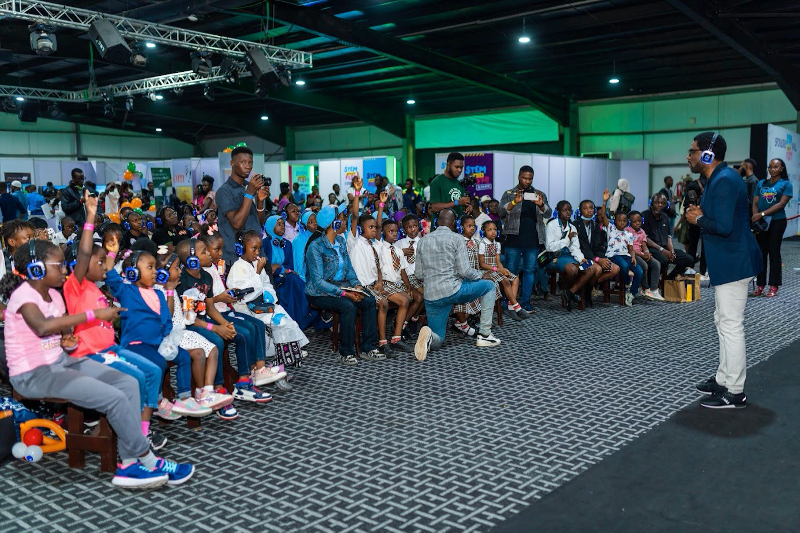




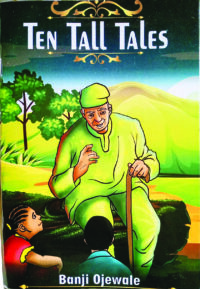
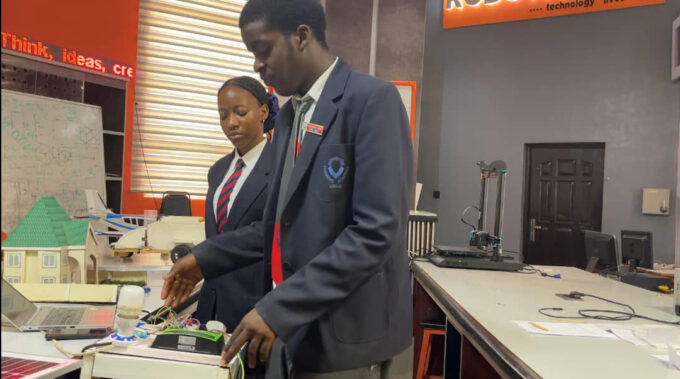

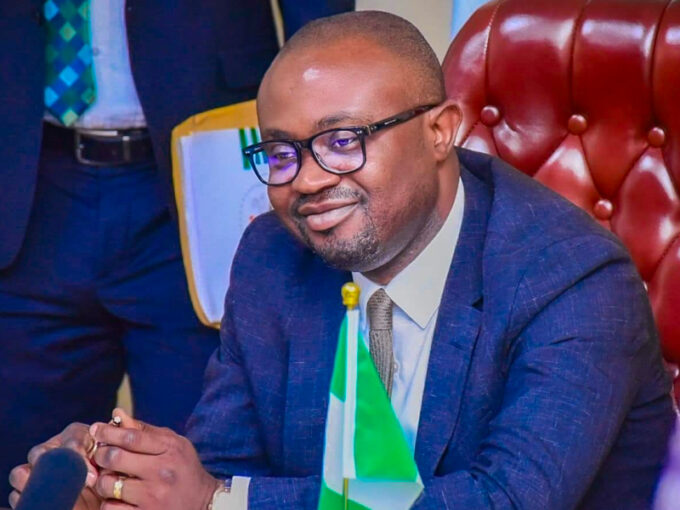
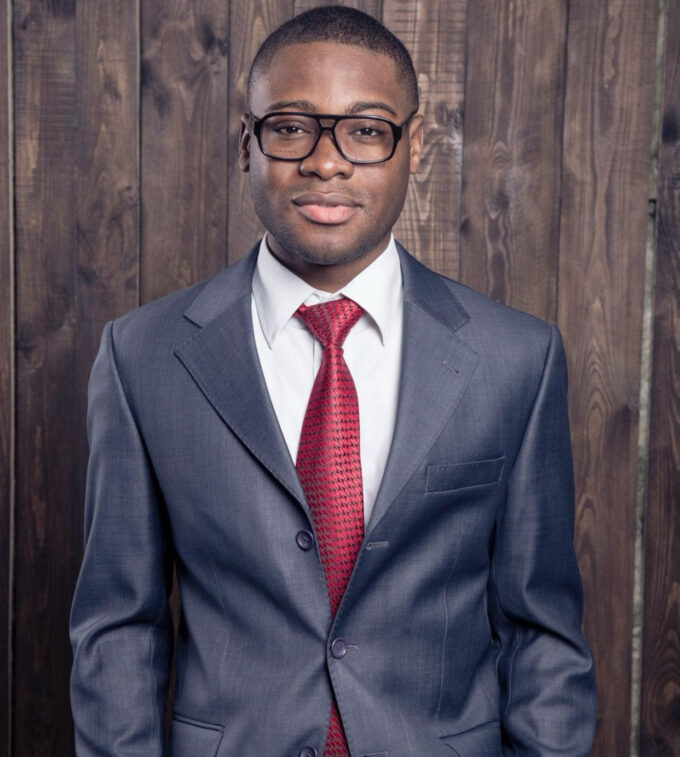


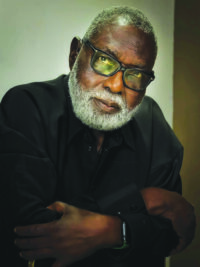
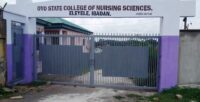
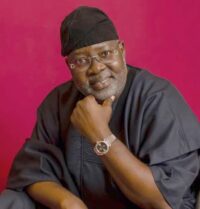
Leave a comment